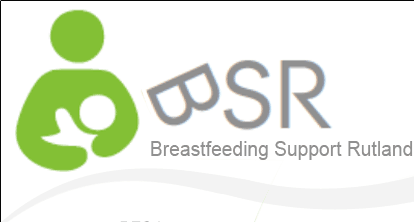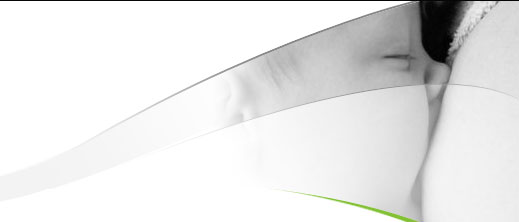

| |
| |
| |
| |
| |
| |
| |
| |
| |
![]()
Breastfeeding offers mothers and their babies a multitude of advantages, physically, emotionally, practically and financially. Complex and fascinating processes occur during breastfeeding. We are only just beginning to identify and understand these and the short and long term benefits which they provide. Breast milk contains hundreds of ''ingredients' including vit amins, minerals, carbohydrates, proteins, hormones, antibodies, living cells and a perfect blends of fats. Formula milk cannot replicate breast milk - it's composition or ingredients, many of which are 'live'. Breast milk and the breastfeeding process offers an ever-growing list of benefits and advantages which Formula feeding simply does not.
amins, minerals, carbohydrates, proteins, hormones, antibodies, living cells and a perfect blends of fats. Formula milk cannot replicate breast milk - it's composition or ingredients, many of which are 'live'. Breast milk and the breastfeeding process offers an ever-growing list of benefits and advantages which Formula feeding simply does not.
Research Has Proved That…
For the Breastfeeding Mother:-
* Reduced risk of ovarian, breast, uterine & cervical cancer.
* Reduced risk of developing osteoporosis.
* Usually delays the return of your periods.
* Helps bond with your baby.
* Saves money – breastfeeding is free.
* Breastfeeding burns a lot of calories.
* Helps with postnatal depression.
* Helps you do your bit for the environment.
To the Breast fed Baby and Beyond
* Reduced risk of obesity, diabetes and heart disease; Crohn’s and coeliac disease, childhood cancers, rheumatoid arthritis, multiple sclerosis, acute appendicitis, severe liver disease, dental caries, meningitis, pneumonia, Hib.
* Reduction in baby hospital admissions due to:
- Protection against ear and chest infections/wheezing.
- Less allergic disease (eczema, asthma, food allergies).
- Protection against diarrhoea, gastro-enteritis and tummy upsets.
* Better mental development.
* Better speech development & mouth formation.
* Straighter teeth.
* Can reduce pain felt by babies.
* Clears meconium and helps reduce jaundice in newborns.
* Breast milk changes daily, weekly, monthly to meet the baby’s nutritional requirements. Morning and evening breast milk is different.
* Less fussy with food, as breast milk flavour changes depending on what mum has eaten.
* Breastfeeding is recommended to reduce risk of cot death.
* Breastfed babies respond better to vaccines, than formula fed babies.
* Human milk stimulates the development of the babies own immune system well beyond infancy.
* Increases skin-to-skin opportunities:-
(Skin-to-skin helps with bonding, steadies breathing and heart rate, keeps baby warm, maintains baby’s blood sugar, baby will cry less and helps the baby initiate the first breast feed).
Why Formula Milk Can't Compare
Formula milk does not provide any of the benefits that breast milk does and no matter how hard scientists have tried they cannot replicate the properties found in breast milk. Some people think that breast and formula milk is the same or similar, here are some reasons why they are not:-
*
The composition of formula remains the same; it does not change to meet growing baby’s needs or adapt to environmental factors such as hot weather.
*
Formula does not contain any antibodies or properties that help fight against infections.
* Formula does not contain any of the live cells, enzymes and hormones that breast milk does.
*
Formula is not a sterile product and cannot be made in advance and stored.
*
Formula costs approx £700 in the baby’s first year.
*
Formula is hard to digest and can cause constipation.
*
Formula is made from cow’s milk, which contains more protein than breast milk, as calves need to grow rapidly.
*
Human milk contains more components for brain growth.
*
Formula is not spontaneous; there is lots of preparation involved.
*
Formula fed babies often drink more than they need, resulting in over-feeding.
* Formula milk contains ingredients which offer no nutritional value.
* As Formula milk is vulnerable to contamination from bacteria and other sources during manufacturing and preparation at home. These issues do not apply when breastfeeding.
Contrary to Popular Belief…
* Breast size does not affect milk supply.
*
Formula is not dried breast milk.
*
Size of newborn has no impact on breastfeeding ability.
*
Leaking breast milk has no relevance to milk supply during pregnancy and beyond.
*
If you have not managed to feed your first baby, it doesn’t mean you cannot feed subsequent babies.
*
Formula is not vegetarian. Most mums can return to work and still breastfeed.
If you would like advice and support, or have any queries regarding breastfeeding, then please do contact us.
We wish you all the best with your baby.
